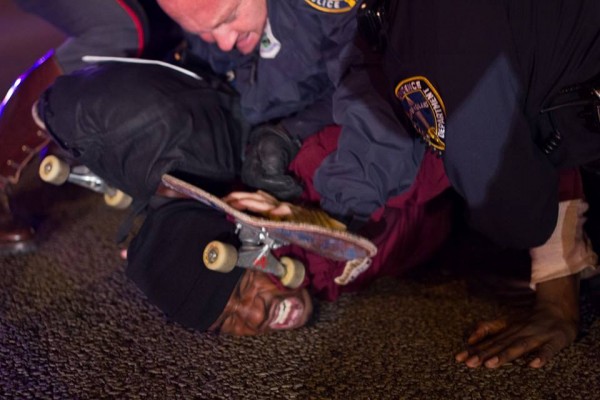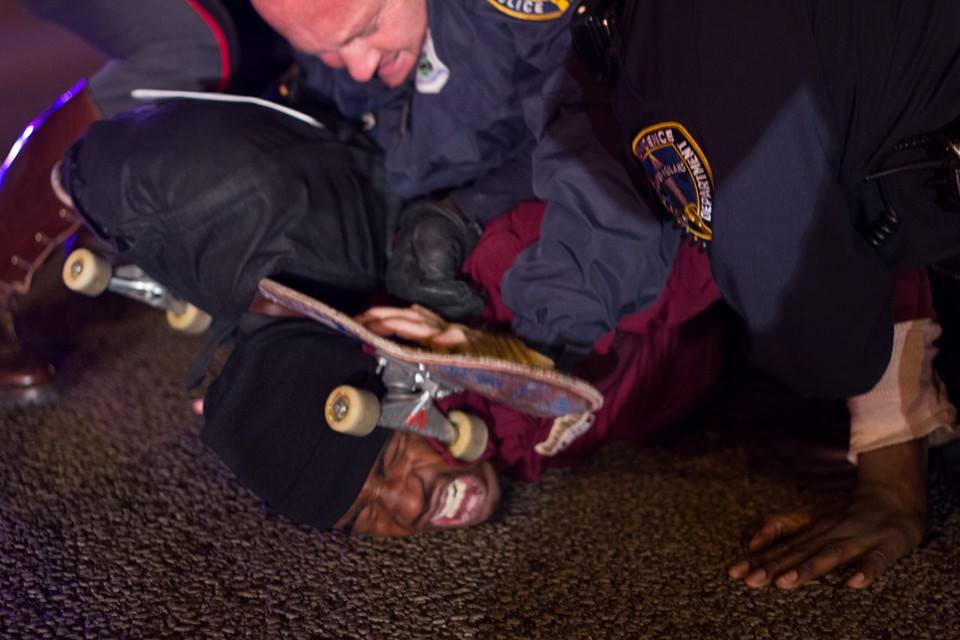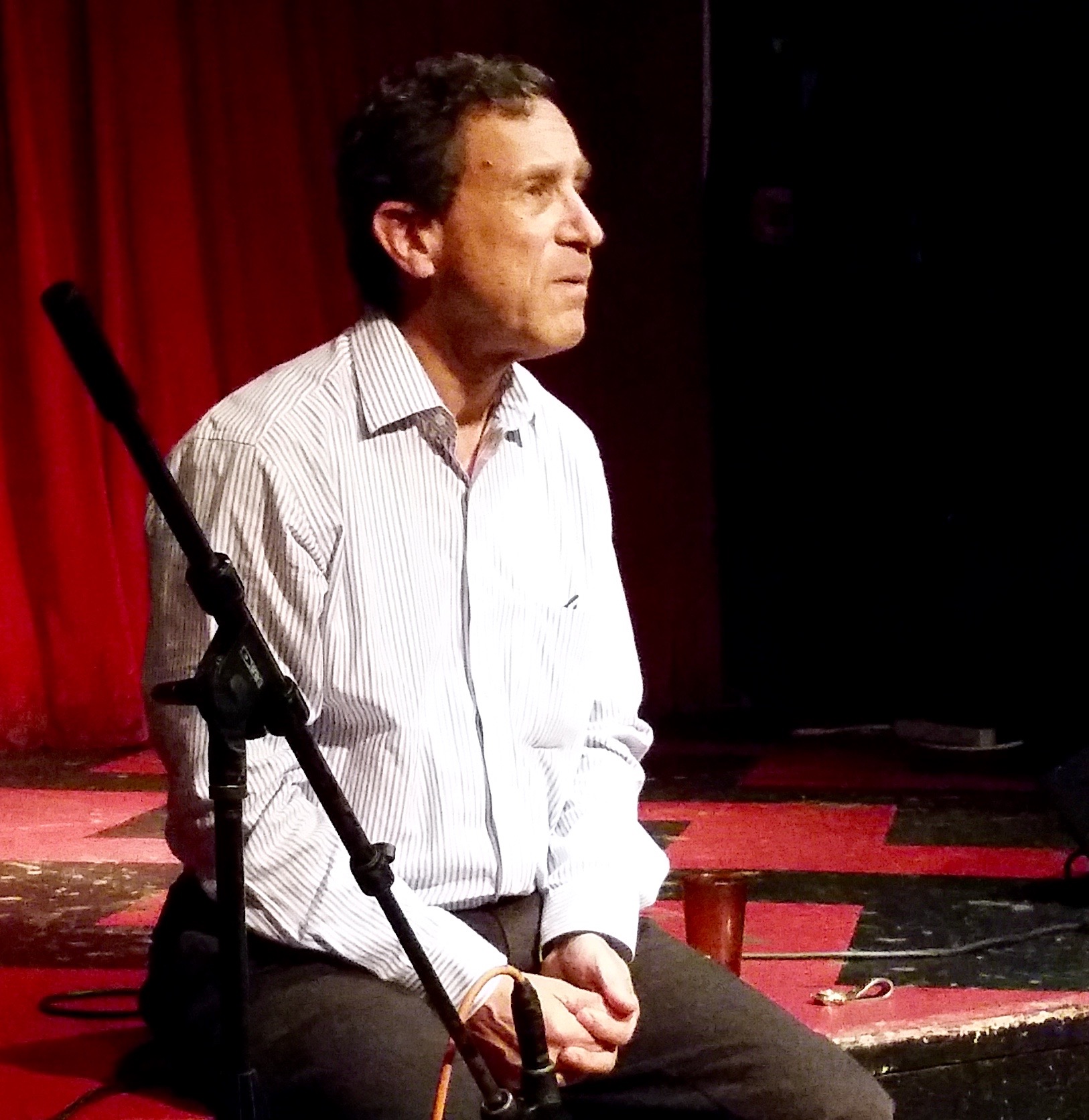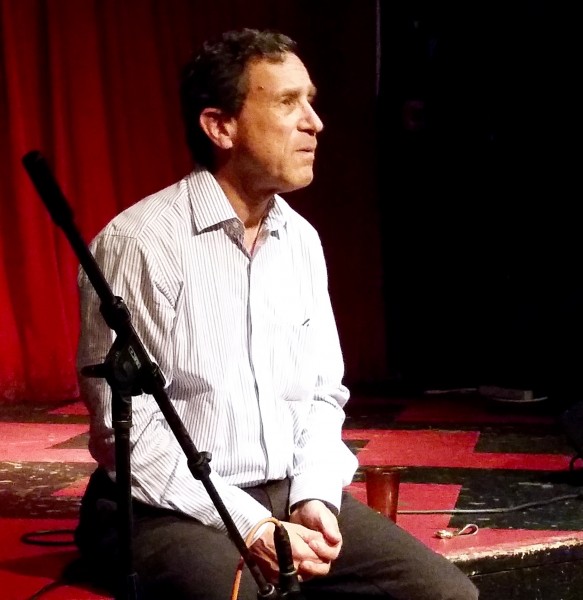
A Providence police officer was arrested this week for texting death threats to a doctor. Last week, the same officer was arrested for threatening his police department bosses. In August, he was charged with possessing a gun with a scratched off serial number. In April, he was disciplined when a picture of him sleeping in a police cruiser while on duty was posted to Twitter.
He’s being held without bail at the ACI. But he’s still a Providence police officer.
That’s because Rhode Island police officers are protected by what’s known as the Law Enforcement Officers Bill of Rights, a state law that dictates a special process for disciplining cops. Anything more severe than a two day suspension requires a hearing by a three-board panel – one of whom the accused gets to select.
While a felony conviction would trump this law, there are untold examples of officer misconduct that go unpunished because of, according to Providence Public Safety Commission Steve Pare who says it’s time to make a change.
“It’s antiquated and doesn’t serve the purpose it was intended to,” he told RI Future. “It goes against the ethical standards and values of police departments.”
Rhode Island is one of just of 14 states to have a LEOBoR law, The others are: California, Delaware, Florida, Illinois, Kentucky, Louisiana, Maryland, Minnesota, Nevada, New Mexico, Virginia, West Virginia and Wisconsin, according to a report by the Marshall Project., which says Rhode Island’s law is the most “officer-friendly version” in the nation.
Pare concurred. “No other state in the country has these kinds of protections,” said. “They may have varying protections but no where else in the country is both protection and process spelled out in state law.”
LEOBoR laws became a flash point earlier this year when the law shielded Baltimore police officers who killed Frieddie Gray from discipline, as well as other officers involved in high profile instances of violent police misconduct.
“The Law Enforcement Officers Bill of Rights has the same relationship to a real bill of rights that the Patriot Act has to a real patriot,” wrote Georgetown law professor Paul Butler in the New York Times this June. “The real Bill of Rights — the one enshrined in the United States Constitution — actually limits the power of government, including the police.”
And Radley Belko, a criminal justice/mass incarceration blogger for the Washington Post, wrote that LEOBoR “can essentially become a how-to guide for cops to get their colleagues out of trouble.”
Rhode Island’s LEOBoR law cost “$1.5 million in legal fees and officer pay while suspended” during the previous 5 years, reported WPRI’s Tim White in 2014.
The Ocean State has long been the poster child of right wing criticism LEOBoR laws. An oft-cited 2012 Reason article starts with several Ocean State anecdotes. “All of these Rhode Island cops, and many more like them across the county, were able to keep their jobs and benefits—sometimes only temporarily, but always longer than they should have—thanks to model legislation written and lobbied for by well-funded police unions,” writes Mike Riggs. “That piece of legislation is called the ‘law enforcement bill of rights,’ and its sole purpose is to shield cops from the laws they’re paid to enforce.”
Pare said the Rhode Island Police Chiefs Association tried to have the law amended in recent years, to no avail. “The unions were adamantly opposed to any changes,” he said, noting that 25 city and town councils endorsed amending the LEOBoR law.
With a renewed emphasis on police officer conduct across the nation and in Rhode Island, Pare said the time may finally be right to move the issue forward.
“Let’s come up with some recommendations that the General Assembly can consider,” he said.




